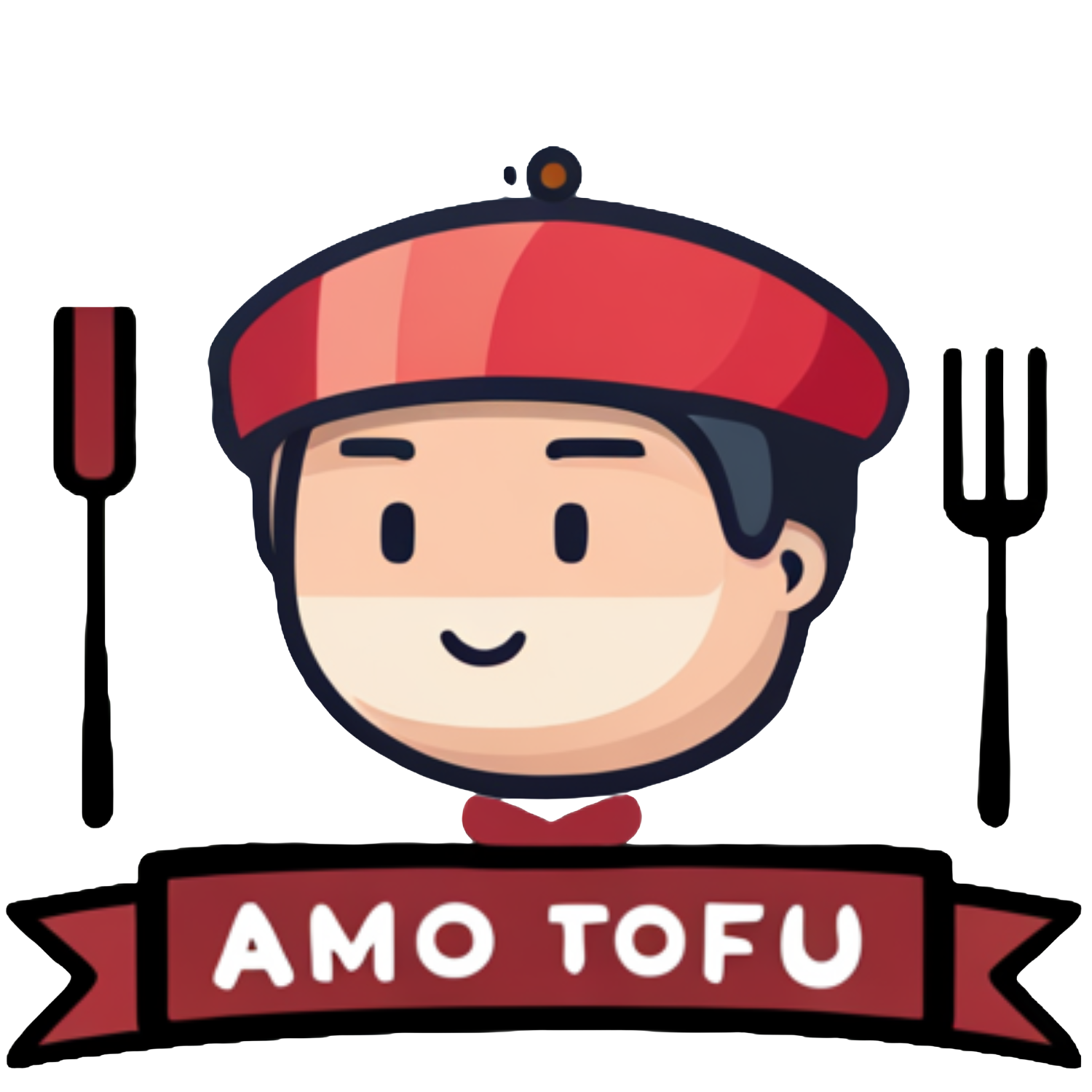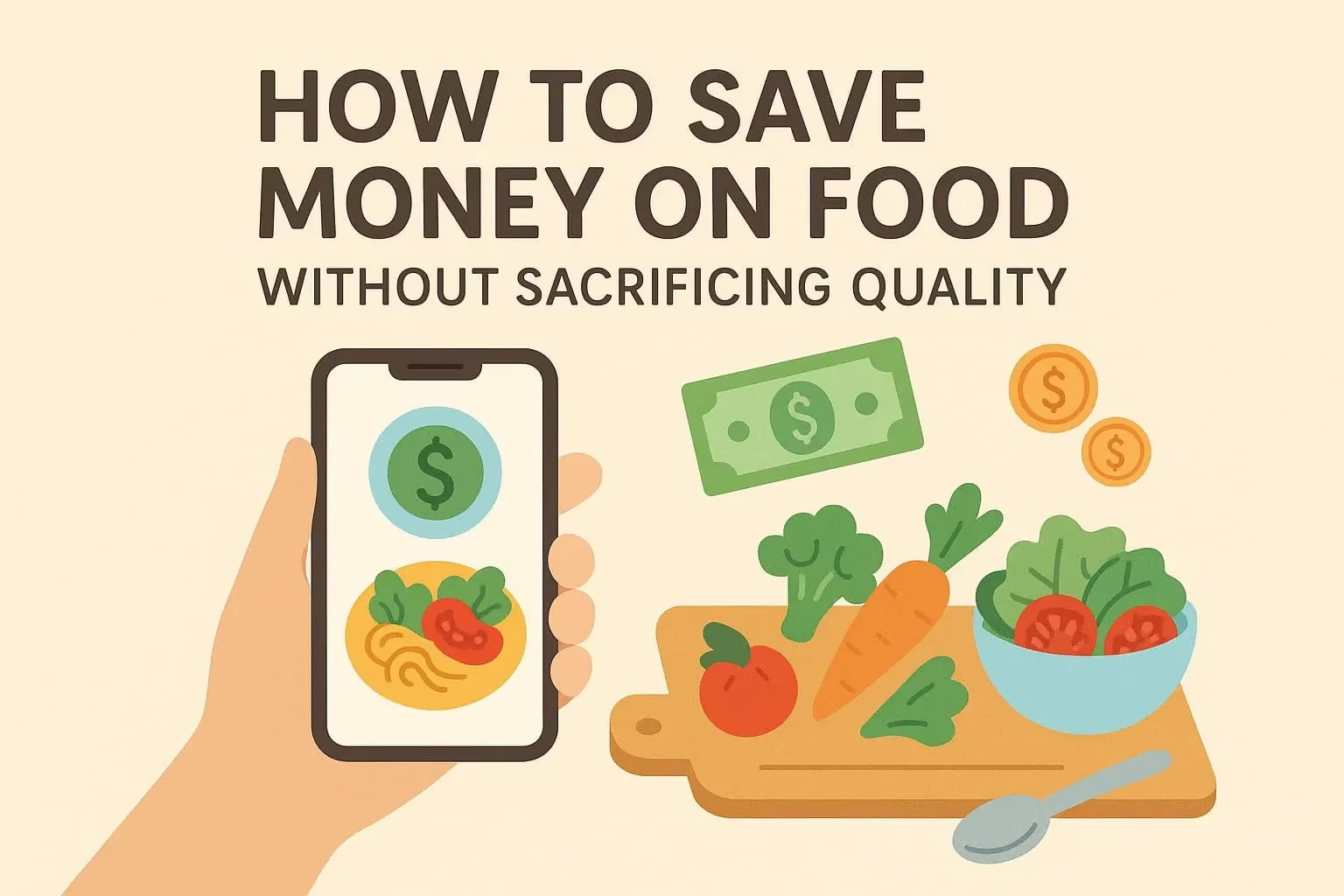Vitamin B12 is one of the most essential nutrients for a healthy body — yet it’s also one of the most misunderstood in the plant-based world.
If you’re eating plant-based or vegan, it’s crucial to understand what B12 does, where it comes from, and how to make sure you’re getting enough.
The good news? It’s simple, affordable, and absolutely doable — once you know the facts.
What Is Vitamin B12?
Vitamin B12 (also called cobalamin) is a water-soluble vitamin that plays a vital role in:
- Brain and nerve function
- Red blood cell production
- DNA synthesis
- Energy metabolism
- Preventing fatigue, numbness, and cognitive decline
A deficiency can lead to anemia, nerve damage, and long-term neurological issues — so it’s not something to ignore.
Why Is B12 Harder to Get on a Plant-Based Diet?
B12 is made by bacteria, not plants or animals. In nature, it used to be found in soil and water — but modern sanitation removes those sources.
In animal agriculture, B12 is often given to livestock through supplements, which is how people consuming meat get it indirectly.
So, on a plant-based diet, you need to go straight to the source: fortified foods or direct supplementation.
Symptoms of B12 Deficiency
B12 deficiency may develop slowly over months or years. Watch out for:
- Chronic fatigue or weakness
- Memory problems
- Numbness or tingling in hands and feet
- Mood changes or depression
- Pale skin
- Shortness of breath
- Difficulty focusing
If you have these symptoms and haven’t supplemented B12, consult a healthcare provider and test your levels.
How Much B12 Do You Need?
| Group | Recommended Daily Intake |
|---|---|
| Adults (18+) | 2.4 mcg/day |
| Pregnant people | 2.6 mcg/day |
| Breastfeeding | 2.8 mcg/day |
Because absorption decreases with large doses, many B12 supplements are higher than the RDI to ensure adequate absorption.
Ways to Get Vitamin B12 on a Plant-Based Diet
There are two reliable options:
✅ 1. Fortified Foods
These are everyday foods with added B12.
Common fortified products:
- Nutritional yeast (check label — often 2.4 mcg per tablespoon)
- Fortified plant milks (soy, oat, almond)
- Fortified breakfast cereals or granola
- Vegan meat alternatives or energy bars
How to use:
- Add fortified nutritional yeast to pasta, popcorn, or sauces
- Drink 1–2 cups of fortified milk per day
- Choose fortified breakfast cereals (check for 100% DV on label)
To meet your needs with fortified foods alone, you’ll need 2–3 servings daily.
✅ 2. B12 Supplement (Recommended)
Most plant-based nutritionists recommend a reliable B12 supplement, even if you eat fortified foods.
Options:
- Cyanocobalamin (most stable and widely used)
- Methylcobalamin (active form, useful for those with absorption issues)
Dosing Guidelines:
- Daily: 25–100 mcg of cyanocobalamin
- 2–3 times/week: 1,000 mcg
- Older adults (50+): Daily supplement recommended, regardless of diet
Sublingual (under the tongue) or chewable forms may help absorption.
Talk to a doctor before starting high doses, especially if you have pre-existing conditions.
What About Natural Sources?
Some claim B12 is found in:
- Seaweed (nori, spirulina)
- Fermented foods (tempeh, miso, kimchi)
- Mushrooms
Unfortunately, these sources contain B12 analogs — compounds that look like B12 but can’t be used by the human body (and may even block true B12 absorption).
Stick to fortified foods or supplements — they’re reliable, safe, and effective.
B12 for Kids and Teens on a Plant-Based Diet
It’s especially important to ensure growing children get enough B12.
Always consult a pediatrician, but general recommendations include:
- Fortified foods daily
- Age-appropriate B12 supplements (liquid or chewable)
- Regular check-ups to monitor levels
Final Thoughts: B12 Is Easy — Once You Know How
Don’t fear B12 — just respect it.
It’s one of the only essential nutrients not naturally found in plants, but with fortified foods or a supplement, you can thrive on a plant-based diet.
It’s not a weakness of the lifestyle — it’s a simple habit to protect your energy, brain, and long-term health.
Take your B12, and carry on being plant-powered. 🌱






